I walked out of an apartment in Vancouver last week and was confronted with a person, lying prone, body exposed to a chill wind. Then she showed her face, a young woman with clear skin. She looked pained as she urinated on the pavement.
The locals refer to these drug addicts as crackheads. A typical crackhead has very bad skin, filthy, often scratched and bleeding. Typically, they are bent over double in a bizarre pose. But, at a distance and mainly older men, the sight is less confronting than a young woman, possibly early in her addiction.
I had witnessed scores of crackheads in Gastown, a less salubrious part of Vancouver. But things have changed, the crackheads are creeping into the better parts of town, and the politicians are getting nervous.
Crackhead, a name derived from the user taking crack cocaine, is no longer an accurate descriptor. Fentanyl now rules the streets – the most ravaged street in Gastown is referred to as Feny Lane.
British Columbia is in the final throes of an election campaign. The death rate from overdoses is huge in BC, with 2500 deaths in the last 12 months. The election campaign leaders’ debate was exceptional for the comment by New Democratic Party Premier David Eby.
‘The scale of the human tragedy … led us to try things that were unimaginable - decriminalisation - removing stigma so that people can come forward and ask for help [not] worry about getting arrested or losing their job, so we tried it. It didn't produce the results that anybody wanted. Instead of people feeling like they could come forward, people struggling with brain injuries, mental health issues, and addictions felt like they could use drugs anywhere in the province.’
Immediately before calling the election, the Premier announced a significant policy change - to expand ‘involuntary care’ within secure care facilities for those with ‘severe drug and mental health issues’. He also announced that public drug use is to be made illegal. This does not mean that the government-controlled cannabis shops will close, but rather, use must be out of sight.
This announcement signals that institutions are back, and public morality is back. Harm reduction strategies such as a regulated, safe drug supply may or may not have stimulated the overdose crisis. However, the smell of cannabis wafting around Vancouver sends a strong signal to those susceptible that drug-taking is acceptable behaviour.
Increasing drug freedom has not been helpful for those struggling with severe addiction. Observed in Feny Lane was a crackhead reaching into a sharps container to grab a used needle. Deadly drugs ‘safely administered’ only delay the inevitable. As Eby stated, a view shared by the Conservative Opposition leader, harm reduction must include a look at the harm to the individual and the community. The Conservatives want to clear the tent encampments and close overdose prevention sites. They promise ‘drug-free housing at scale’.
Perhaps the most sinister aspect of the drug crisis is that not only is Fentanyl mixed with heroin and crack cocaine, but the user has no knowledge of what their ‘drug’ contains. For example, and more recently, Xylazine, a tranquilliser used for veterinary purposes, is mixed with Fentanyl with a shocking effect – rotting skin.
The alternative to involuntary care is a ‘regulated’ supply of Fentanyl or substitute substances. Apparently, this is to satisfy the user’s human rights and dignity. But is there dignity in addiction? Has the addicted and possibly mentally ill a right to destroy entire neighbourhoods, place themselves in harm’s way, and create a culture of acceptance that destructive behaviour is a part of the human condition in a civilised society?
As of October 2023, the ACT government took further measures in its ‘harm minimisation’ approach to using illicit drugs. The personal possession of small amounts of the most used illicit drugs was decriminalised.
People are no longer subject to potential prison sentences; instead, they may be issued a caution, a $100 fine, or referred to a diversion program. While penalties have been reduced, illicit drugs are still illegal and are to be confiscated.
These changes are meant to ‘help to reduce the stigma’ of people who use illicit drugs and encourage more people to come forward and receive support.
British Columbia has experienced the worst of decriminalisation. The Labor/Greens government in the ACT should listen to the debate in British Columbia before more lives are ruined.
Gary Johns is chair of Close the Gap Research










